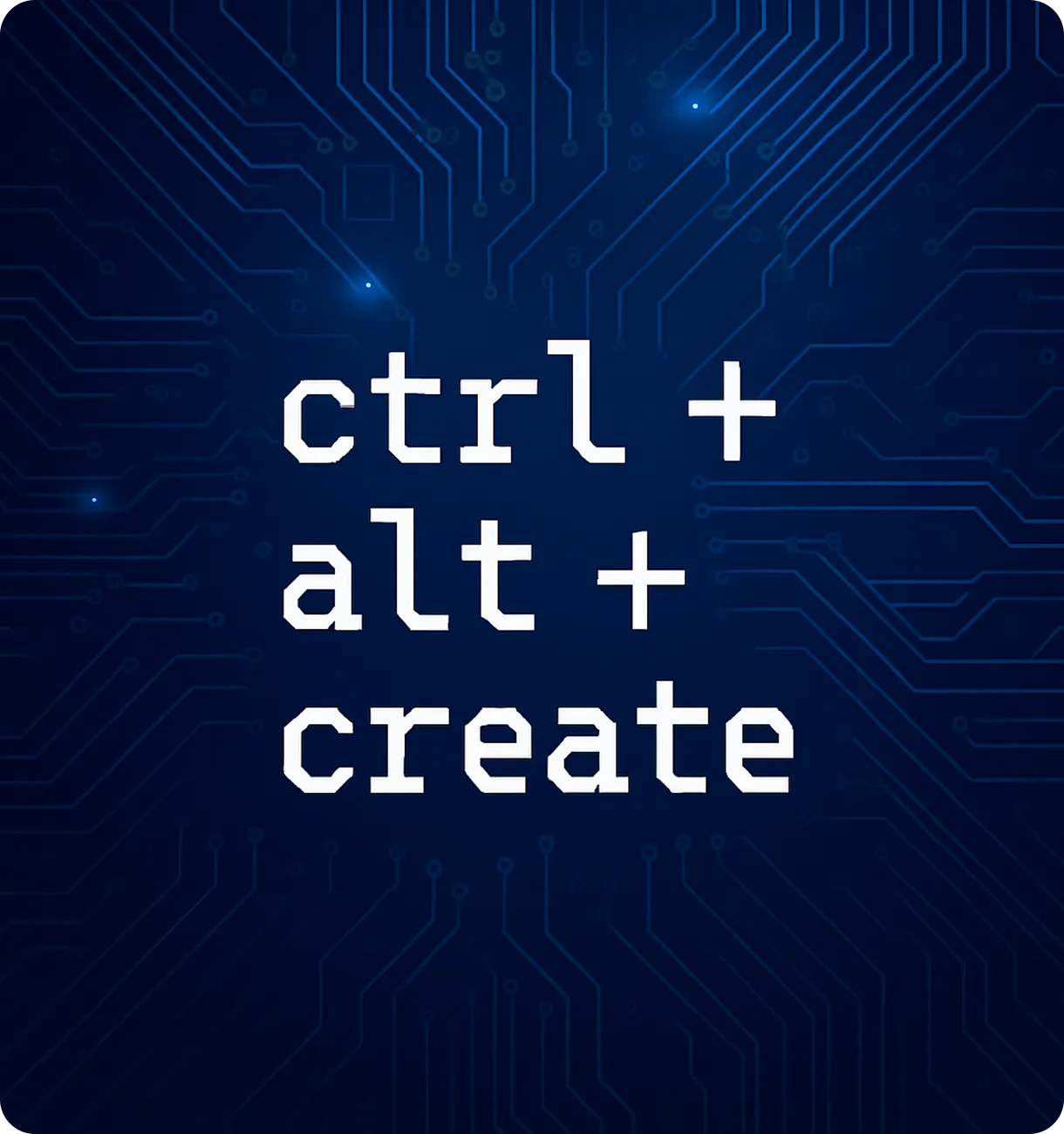Table of Contents
Agentic AI: The Next Frontier of Generative AI
- What is Agentic AI?
- Why Traditional AI Falls Short
- Key Features of Agentic AI
- Types of AI Agents
- Single-Agent vs. Multi-Agent Systems
- Key Advantages of Multi-Agent Systems
- Enterprise Integration of Agentic AI
- Real-World Applications of Agentic AI
- The Future of Agentic AI
- Space Inventive's Role in Agentic AI
- Conclusion
What is Agentic AI?
Agentic AI represents a new era in artificial intelligence, where AI agents function autonomously, making decisions, learning, and adapting without constant human oversight. Unlike traditional AI, which operates within pre-programmed constraints, Agentic AI systems analyze their environment, establish objectives, and refine their strategies dynamically. These systems integrate reinforcement learning, deep learning, and symbolic reasoning to optimize workflows and improve efficiency.
Traditional AI relies heavily on predefined rules, limiting its flexibility in handling real-world complexities. Agentic AI overcomes this by enabling AI agents to interact with their environment, adjust to new information, and execute multi-step processes with minimal intervention. This breakthrough technology is revolutionizing industries by making AI-driven automation more intelligent, responsive, and scalable.
Why Traditional AI Falls Short
Non-agentic AI systems suffer from fundamental limitations that hinder their ability to operate autonomously:
- Lack of Autonomy – Conventional AI requires continuous human input and is incapable of independent decision-making.
- Inability to Learn in Real-Time – Traditional AI lacks the ability to learn and adapt dynamically based on evolving data.
- Rigid Decision Frameworks – AI models operate within fixed, rule-based frameworks, limiting their flexibility in unpredictable scenarios.
Agentic AI addresses these shortcomings by introducing cognitive AI agents that can assess complex situations, make informed decisions, and optimize workflows autonomously. This transition from static automation to dynamic intelligence is transforming business operations, paving the way for smarter, more adaptive AI-driven solutions.
Key Features of Agentic AI
Agentic AI is characterized by several defining features that differentiate it from conventional AI systems:
- Autonomy – AI agents execute complex workflows independently, reducing reliance on human intervention.
- Contextual Reasoning – Decision-making is based on historical data, real-time insights, and strategic trade-offs.
- Reinforcement Learning – AI agents continuously refine their performance through iterative learning and adaptation.
- Natural Language Understanding (NLU) – Enables AI to comprehend complex instructions and execute multi-step tasks seamlessly.
- Multi-Step Workflow Automation – AI orchestrates entire processes, from data analysis and reporting to decision-making and implementation.
By integrating these capabilities, Agentic AI goes beyond mere task execution—it actively strategizes, prioritizes, and adapts to achieve optimal outcomes.

Types of AI Agents
Agentic AI comprises specialized agents, each designed to perform distinct roles within an AI ecosystem:
- Agent Assistants – Enhance human-AI collaboration by managing tasks and automating workflows.
- Knowledge Aggregators – Retrieve, analyze, and summarize information from diverse data sources.
- Regulatory Compliance Agents – Ensure strict adherence to industry standards and legal regulations.
- Workflow Automation Agents – Identify optimal processes, generate multi-step workflows, and execute complex tasks efficiently.
These agents interact dynamically within an AI framework, ensuring seamless coordination, decision-making, and knowledge sharing.

Single-Agent vs. Multi-Agent Systems
Agentic AI can be implemented using either a single-agent or multi-agent architecture:
- Single-Agent Systems – A single AI agent manages all tasks, making it ideal for centralized workflows. These systems are easy to implement but may lack scalability and adaptability.
- Multi-Agent Systems (MAS) – Multiple AI agents collaborate, enabling parallel processing, faster decision-making, and greater resilience in handling diverse functions.
Key Advantages of Multi-Agent Systems
Multi-agent architectures offer several advantages over single-agent systems:
- Scalability – New agents can be added to accommodate growing workloads without major system redesigns.
- Task Specialization – Each agent focuses on a specific function, improving efficiency and precision.
- Resilience – If one agent fails, others can take over, ensuring system continuity.
By distributing tasks across multiple agents, MAS enables AI systems to handle complex enterprise operations efficiently and autonomously.

Enterprise Integration of Agentic AI
For businesses to fully leverage Agentic AI, a strategic integration approach is necessary. Organizations should:
- Define Clear Objectives – Determine the primary goals of AI deployment, whether improving efficiency, reducing costs, or enhancing innovation.
- Ensure Human-AI Collaboration – AI should complement human expertise rather than replace it, enhancing productivity and decision-making.
- Focus on Data Privacy & Security – Implement stringent governance measures to protect sensitive business data.
- Optimize Infrastructure – Align AI systems with existing enterprise frameworks for seamless interoperability.

Real-World Applications of Agentic AI
Agentic AI is already transforming various industries by optimizing operations and automating complex workflows:
- Software Development – AI-powered coding assistants streamline development by automating code reviews, ensuring compliance, and resolving software incidents.
- Healthcare – AI agents analyze medical records, assist in diagnostics, and optimize hospital workflows, improving patient care and operational efficiency.
- Finance – Intelligent AI agents detect fraud, optimize trading strategies, and enhance customer service automation.
- Manufacturing – AI-driven automation improves supply chain management, predictive maintenance, and production efficiency.
- Customer Service – Virtual AI assistants handle inquiries, personalize user interactions, and enhance customer engagement.
By leveraging Agentic AI, businesses can achieve significant operational improvements while reducing manual workload and minimizing errors.
The Future of Agentic AI
As AI technology continues to evolve, the future of Agentic AI will be shaped by advancements in synthetic data, reinforcement learning, and adaptive intelligence:
- Synthetic Data for AI Training – Organizations are increasingly using synthetic data to supplement real-world datasets, improving AI adaptability and reducing biases.
- Hybrid AI Models – Combining rule-based logic with deep learning to enhance decision-making accuracy and reliability.
- Ethical AI Governance – Ensuring transparency, fairness, and accountability in AI-driven decision-making processes.
- AI-Powered Decision Intelligence – Enhancing enterprise decision-making with predictive analytics and real-time insights.
By embracing these innovations, businesses can unlock new levels of efficiency, automation, and strategic intelligence, setting the stage for a future dominated by intelligent, self-governing AI systems.
Space Inventive’s Role in Agentic AI
At Space Inventive, we are pioneering the development and integration of Agentic AI solutions, driving digital transformation across industries. Our AI-powered platforms empower businesses by:
- Automating Enterprise Workflows – Streamlining operations through AI-driven process optimization.
- Enhancing Decision-Making – Leveraging AI-generated insights for smarter business strategies.
- Optimizing User Interactions – Improving customer experiences with intelligent AI assistants.
By incorporating autonomous AI agents into our digital solutions, we help businesses unlock AI’s full potential, ensuring they remain competitive in an ever-evolving technological landscape.
Conclusion
Agentic AI is revolutionizing the way businesses operate, offering intelligent, autonomous solutions that enhance efficiency, decision-making, and automation. Unlike traditional AI, Agentic AI possesses the ability to adapt, strategize, and execute complex tasks with minimal oversight. However, responsible AI deployment is critical to ensuring transparency, fairness, and ethical alignment.
By strategically integrating Agentic AI, organizations can enhance productivity, reduce costs, and foster innovation. AI-driven solutions streamline repetitive tasks, reduce cognitive load on employees, and provide actionable insights that drive business growth.
At Space Inventive, we are at the forefront of this AI revolution, pioneering scalable and interoperable AI architectures that enable businesses to harness AI’s transformative power. Through advanced reinforcement learning, intelligent data retrieval, and automated workflows, we are shaping the future of AI-driven enterprises, ensuring businesses stay ahead in an increasingly AI-powered world.
Read More

By Kunal Bhardwaj
Senior Associate- Business Development
Read other blogs
Your go-to resource for IT knowledge. Explore our blog for practical advice and industry updates.
Discover valuable insights and expert advice.
Uncover valuable insights and stay ahead of the curve by subscribing to our newsletter.

Download Our Latest Industry Report
To know more insights!























